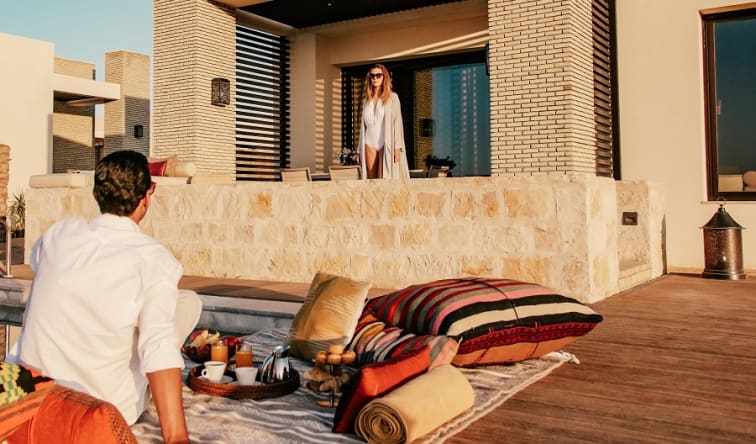Discovering Ramadan
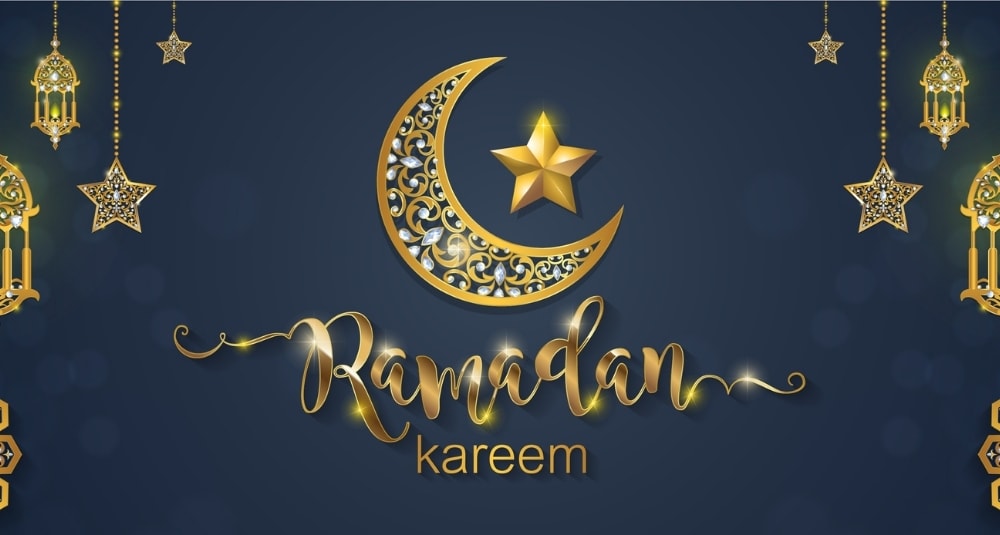
The most sacred time in the Islamic year is characterised by fasting during Ramadan, but when we delve deeper into the history and traditions of this period, we find it is a time filled with joy, blessings, and so much more.
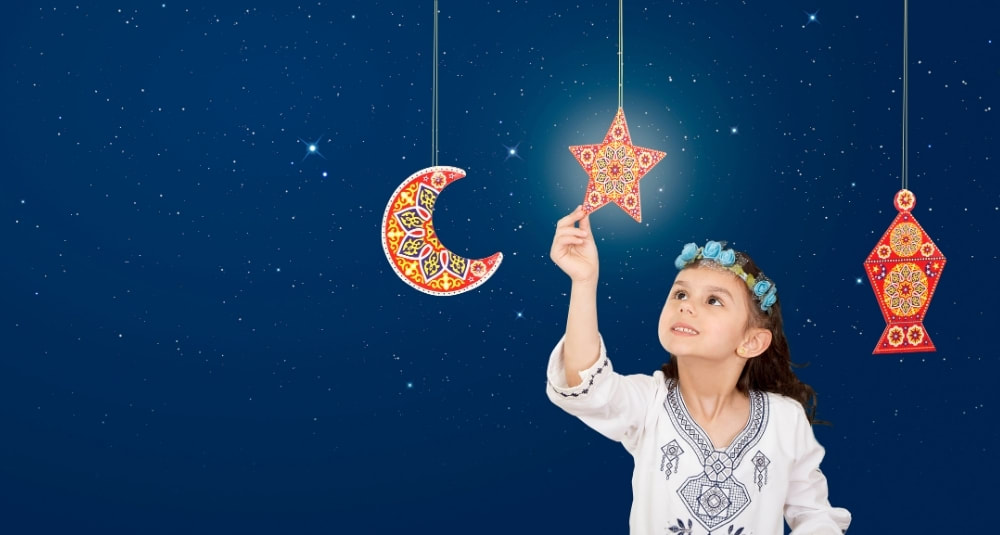
The Holy Month marks the time Allah revealed the first chapters of the Qu’ran to the Prophet Mohammed on a night known as Laylat al-Qadr, which is Arabic for The Night of Power. Throughout the month, Muslims abstain from eating and drinking, as well as smoking and using bad language from sunrise to sunset. It’s a time of sacrifice, discipline, and reflection, and even those who are exempt from fasting — the ill or frail, children, the elderly and pregnant women — use it as a time to draw near to God, to pray and to care for the poor and needy.
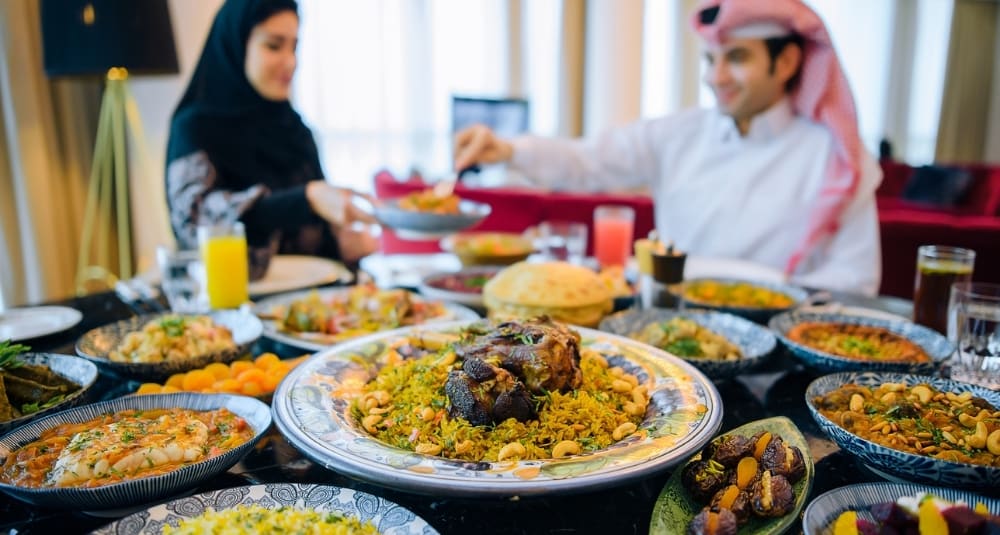
Every morning before sunrise, devotees wake early for a light meal known as suhoor. Then, it’s business as usual throughout the day, as Muslims carry out their normal work or daily duties. After sunset, the fast is broken with iftar: something light to start — in the United Arab Emirates, it’s usually dates and water — before evening prayers and a heartier meal, which is often shared with family and friends. The fast, or “sawm”, is one of the five pillars of Islam and reminds Muslims of their reliance on God for sustenance; the whole experience creates a little space and time in modern, busy lives to focus on prayer, reading the Qu’ran and showing compassion to those who need it.
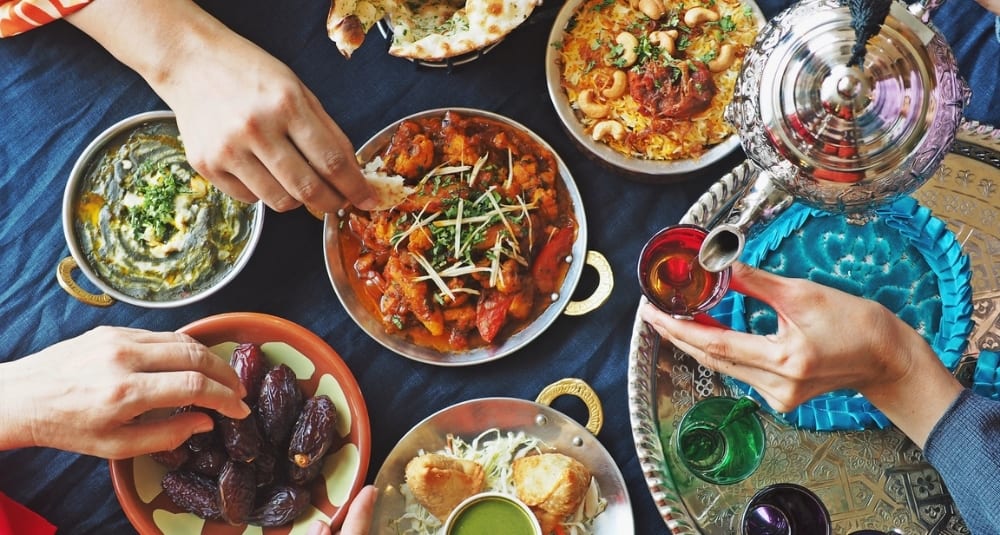
Ramadan starts from the first crescent moon on the ninth month in the lunar calendar. The UAE, along with many other Muslim countries follows the official announcement from the moon-sighting committee at Mecca in Saudi Arabia. But Ramadan traditions in the Emirates get underway during the month before, when children visit their neighbours and recite songs and verses in return for sweets and nuts. Since the rule of the late Sheikh Zayed bin Sultan Al Nahyan, the Founder President of the UAE, iftar has been signalled with the firing of a cannon, and upon hearing the sound, Emirati families begin to gather in homes or restaurants to break their fast.


At Anantara in Abu Dhabi, the Holy Month is a special time and the hotel team takes great pleasure in creating a peaceful atmosphere for guests to come together to enjoy suhoor before dawn and at nightfall for iftar. As they share delicious traditional dishes, the true spirit of The Holy Month is plain to see.



.png)
